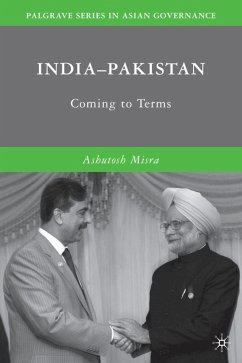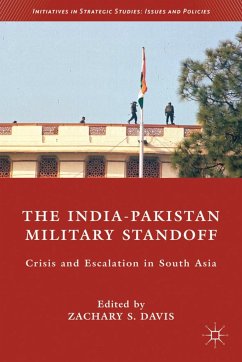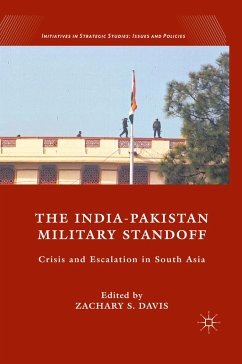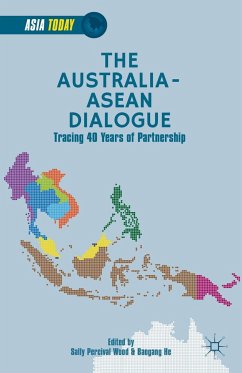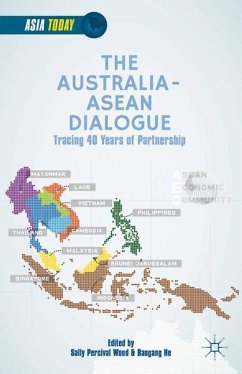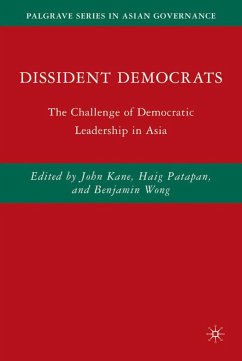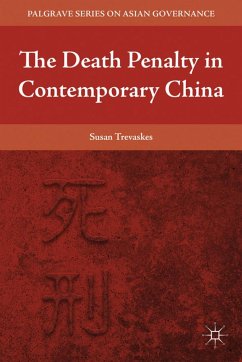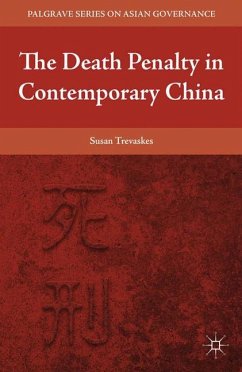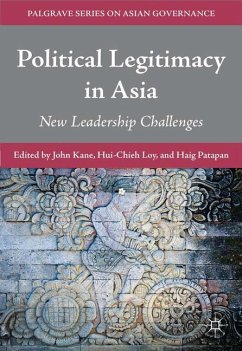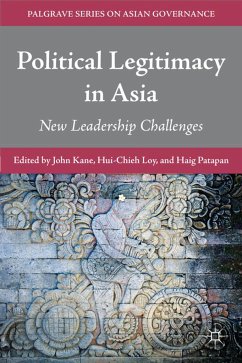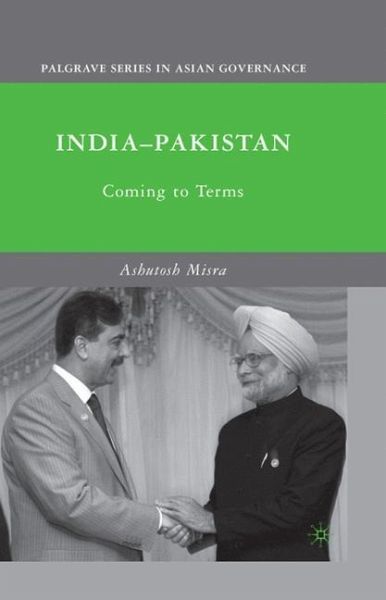
India-Pakistan
Coming to Terms
Versandkostenfrei!
Versandfertig in 6-10 Tagen
39,99 €
inkl. MwSt.
Weitere Ausgaben:

PAYBACK Punkte
20 °P sammeln!
In 60 years the nuclear tipped South Asian enduring rivals, India and Pakistan have fought four wars and were close to a fifth one in 2001. Indo-Pak dyad has been the focal point of countless studies and while discord and conflict are the focus of most studies there have been periods of cooperation that have not been given enough attention. This book is an attempt to dig out the positive aspects of past Indo-Pak engagements and explore the relevant lessons to help resolve the pending issues. The book argues that both came to terms with each after 50 years and created the composite dialogue pro...
In 60 years the nuclear tipped South Asian enduring rivals, India and Pakistan have fought four wars and were close to a fifth one in 2001. Indo-Pak dyad has been the focal point of countless studies and while discord and conflict are the focus of most studies there have been periods of cooperation that have not been given enough attention. This book is an attempt to dig out the positive aspects of past Indo-Pak engagements and explore the relevant lessons to help resolve the pending issues. The book argues that both came to terms with each after 50 years and created the composite dialogue process in 1997 and by extracting lessons from the history they can resolve their differences even if their overall relations remain hostile.





